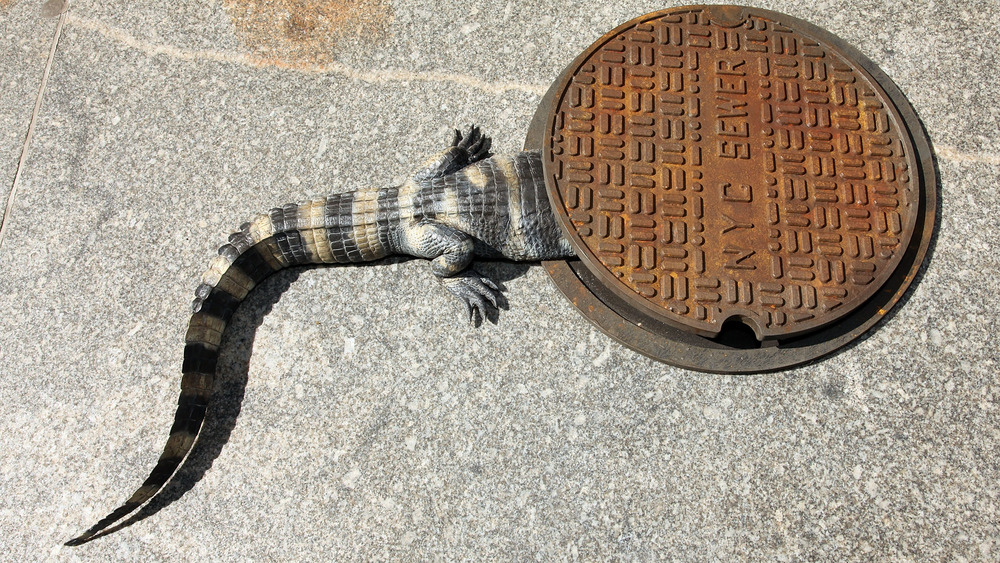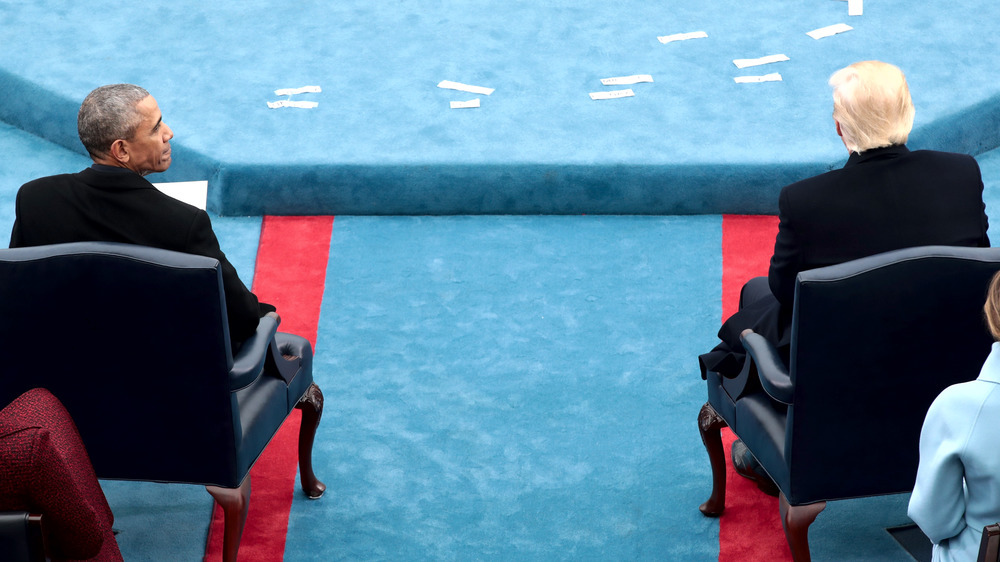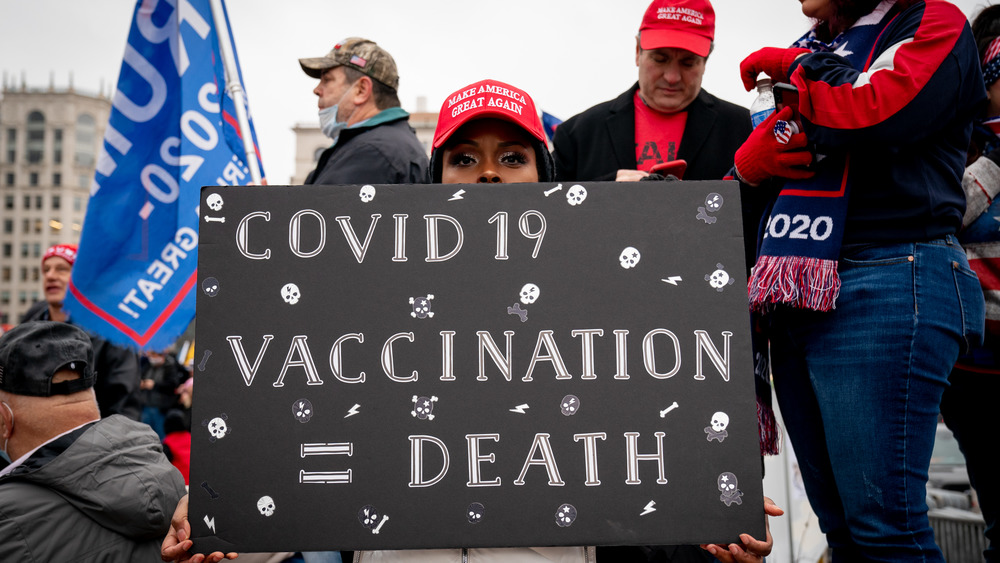12% Of People Believe This Bizarre Urban Legend Is True
Did you know that more than 12 percent of Americans believe in the existence of sewer alligators? That one in ten people you meet in the street think that alligators — those huge reptiles that look exactly like crocodiles, but are apparently different enough to warrant their own name — actually live in the pipes and tunnels beneath our towns and cities? Data doesn't currently exist on what these people believe the crocs — sorry, 'gators — are doing down there, or how they arrived in our sewers in the first place. For all we know, 12 percent of Americans might believe in the existence of an underground alligator city, and that these creatures are just biding their time to strike at humanity by climbing up through their plumbing.
The origin of the gators-in-the-sewers story goes back to the 1920s, according to The New York Times, and a quick google could tell you that the story is almost certainly nonsense, but the strength of the myth — that it has been in our collective consciousness for so long — means that its cultural cachet is so strong that it is unlikely to be shaken.
But this isn't the only strange myth that masquerades in some American psyches as a bona fide fact. We surveyed over 500 Grunge readers to get to the bottom of what myth, legends, and conspiracy theories haunt us to this day — here they are!
Alternative facts and technophobia
It is no surprise that our ability to discern what is true and false is, like an alligator, going down the pan. Those in power have been employing the internet and news media to twist the truth and warp our sense of reality for years.
In our survey, which listed a number of urban legends and asked respondents which they believed to be true, just over 11 percent of people — marginally fewer than believed that alligators roamed the sewers — said they believed in the "Birther" theory: that former two-term President Barack Obama was not born in the U.S. (many adherents to this idea claim he was born in Kenya). This egregious untruth has circulated for well over a decade, despite being debunked by numerous outlets, including FactCheck.org, which notes that one of the greatest adherents of the myth was Obama's successor, Donald Trump, who eventually admitted that it was false once the lie ceased to serve a political purpose. But like a bad smell, an orchestrated lie lingers, and this one is evidently still believed by a large portion of the voting public to this day.
As well as "alternative facts," we are seemingly also susceptible to technophobia. More than 13 percent of us are concerned that they are being harmed by radiation from mobile phones, though the FDA states that "the weight of scientific evidence has not linked exposure to radio frequency energy from cell phone use with any health problems."
What the government doesn't want you to know
One of the biggest conspiracy theories of recent years is also potentially the most dangerous. The belief, shared by nearly 6 percent of Americans, that vaccines — most notably those developed to protect us from COVID-19 — are not being rolled out to inoculate us against a deadly disease, but are really Trojan horses to fit each and every one of us with a tracking chip, by which the government and private companies can monitor our movements, behavior, and body chemistry.
Vaccine hesitancy is nothing new; it has been with us since the dawn of vaccination in the 19th century, per The MIT Press, but the "anti-vax" movement has gained significantly more attention since the arrival of the global coronavirus pandemic, partially due to the high profile of some believers such as rapper Kanye West, per Forbes. But anti-vax beliefs are so dangerous because vaccines only really work if a large proportion of the population is willing to take them; if widespread, such theories are deadly.
But though the cut-through of such ideas in recent years is cause for concern, they are yet to take hold of the American imagination anywhere nearly as decisively as the most legendary of cover-ups: Area 51. According to our survey, more than 35 percent of us believe — or, at least, want to believe — that in 1947 the American government covered up the crashing of an alien spacecraft in Roswell, New Mexico.


